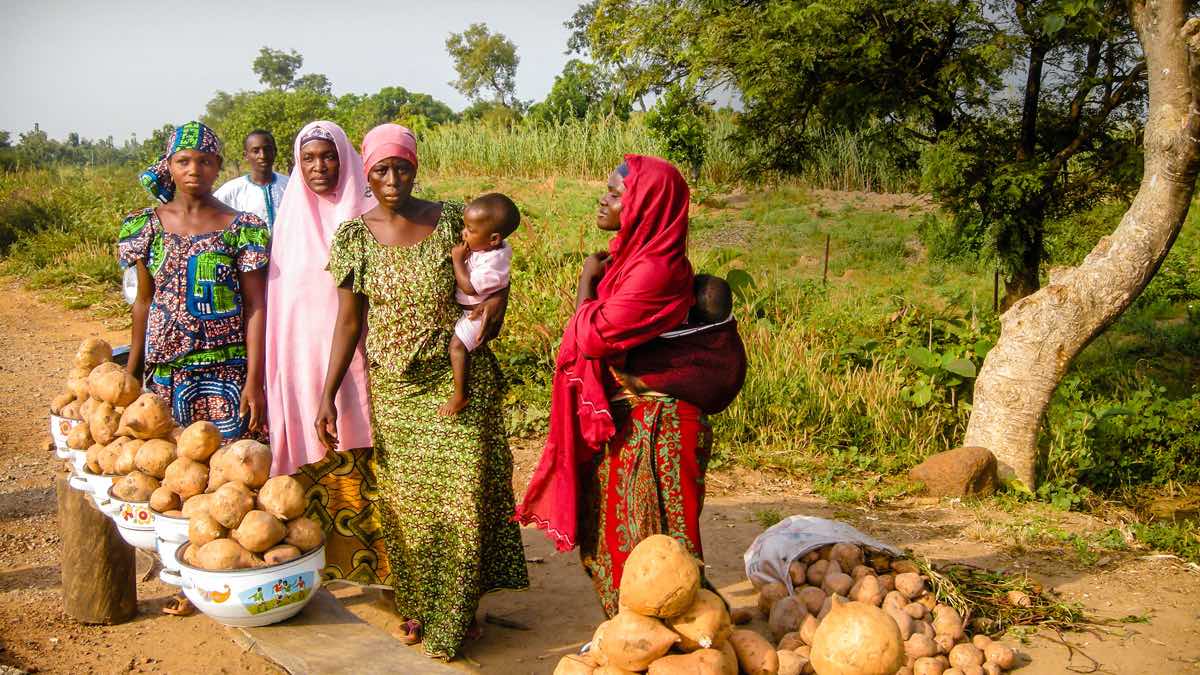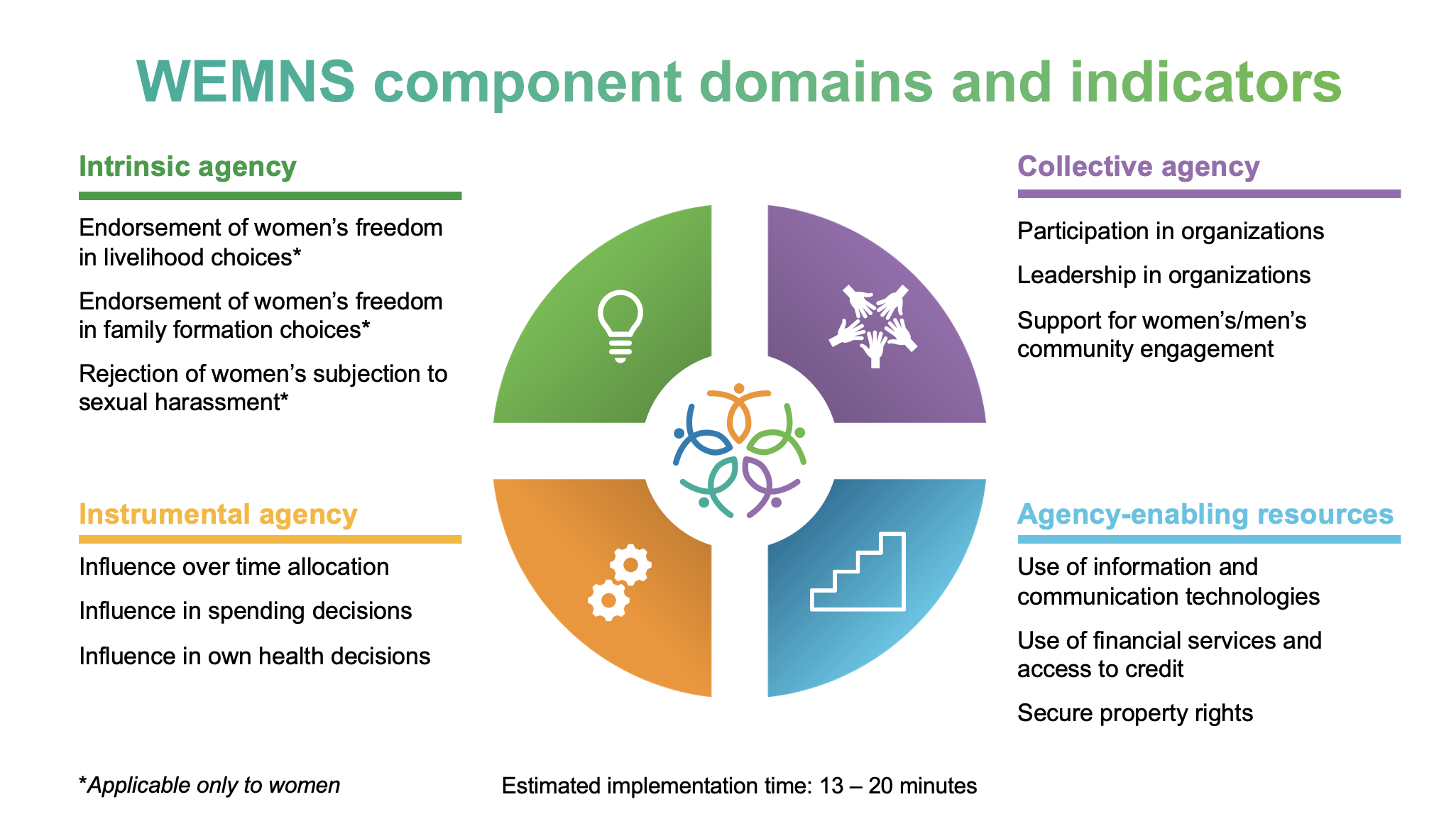The community-driven development approach (CDD) has become increasingly popular among international development organizations due to its potential to develop sustainable projects that are responsive to local priorities, empower communities, and more effectively target poor and vulnerable groups. The new study From the ground up: Impacts of a pro-poor community-driven development project in Nigeria assesses the impacts of Fadama II, a CDD project that is currently Nigeria’s largest agricultural project.
The study shows that Fadama II’s project was a success on several fronts. It succeeded in targeting the poor and women farmers in its productive asset acquisition component. Participation in the project also increased the income of beneficiaries by about 60 percent, which is well above the targeted increase of only 20 percent in the project’s six-year project period. The project also increased the value of productive assets, especially among women beneficiaries. Successes were also notable in the areas of rural infrastructure investments and postharvest handling technologies.
Overall, the Fadama II project achieved its goal of increasing the incomes of the beneficiaries in the first year of its operation. This success was likely due to its broad-based approach of supporting synergistic programs, which suggests why the success of CDDprojects that address only one or two constraints are limited.
These results have implications on planning poverty reduction efforts in low-income countries. Given that the poor face numerous constraints, a CDD project that simultaneously addresses many constraints will likely build synergies that will lead to larger impacts than will a project that addresses only one or two constraints. This suggests the need for the government and donors to pool resources and initiate multipronged CDD projects rather than many isolated projects. Results also suggest that CDD projects can achieve their overriding objective of targeting the poor and vulnerable groups.
Read From the ground up: Impacts of a pro-poor community-driven development project in Nigeria here.







